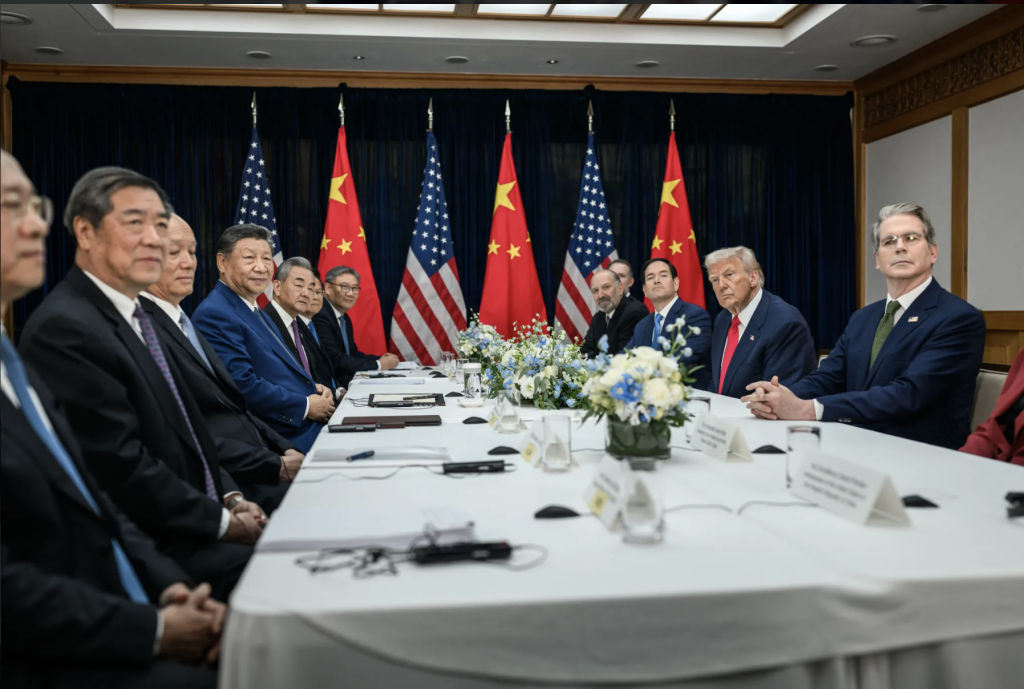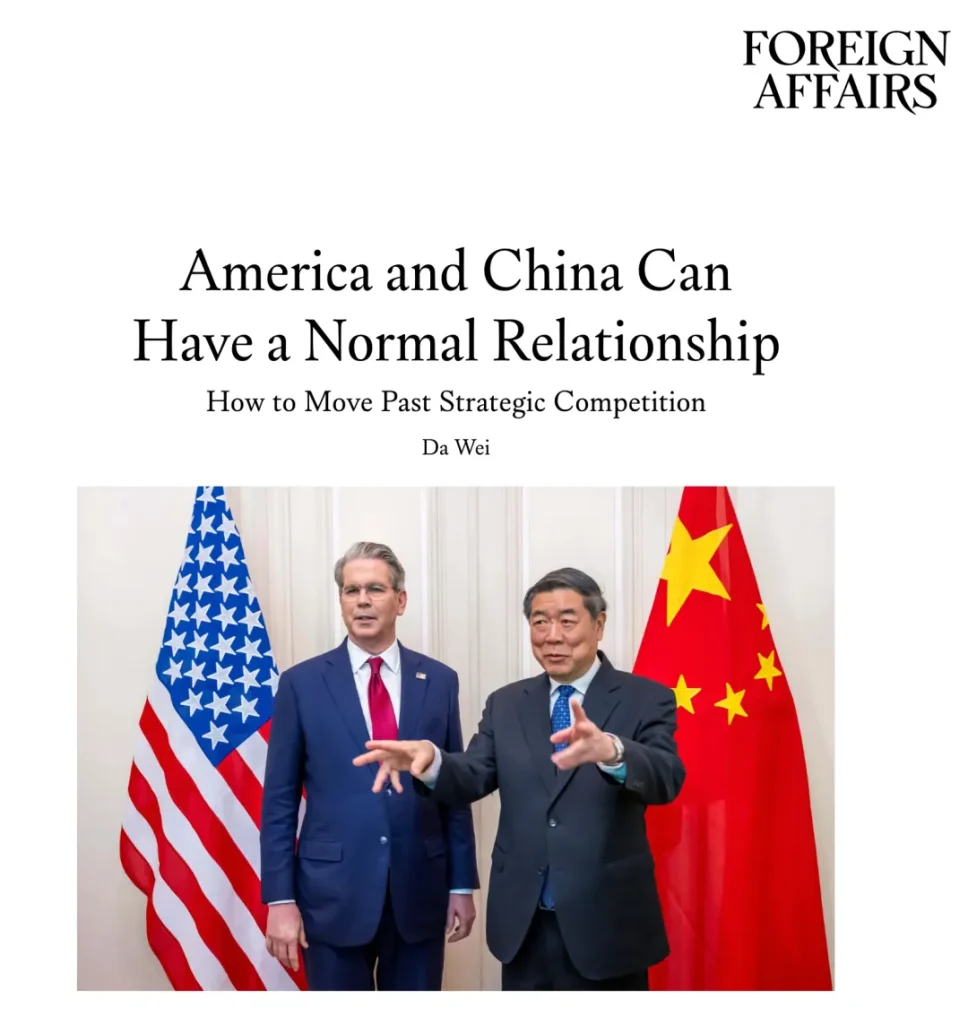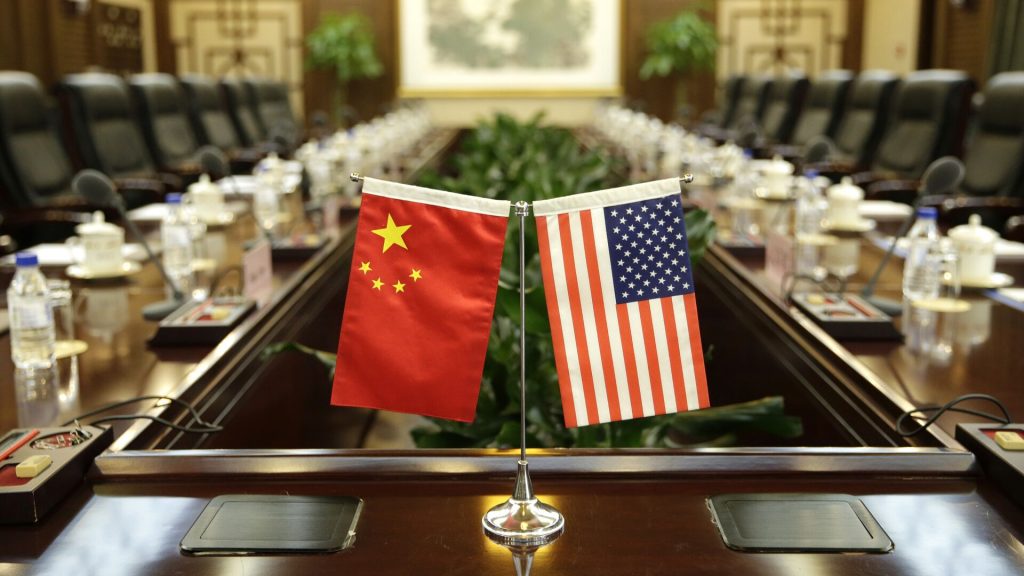中国改革的棺材上的又一颗钉子
作者:Derek Scissors 来源:美国企业研究所
导读:根据多家媒体报道,中国将计划在本月推出国有企业合并计划。对中国共产党经济改革执行力怀疑的人们并不会对失败的结果惊讶。而那些还在观望的人,应该会看到更多中国不愿意行动的证据,因此中国仍会走向停滞。
Another nail in the Chinese reform coffin
Various press outlets report that Beijing will release a plan this month to consolidate and enlarge state-owned enterprises. Those skeptical of the Communist Party’s ability to execute economic reform will not be surprised if this proves accurate. Those still on the fence should watch for more evidence China is unwilling to act and thus remains headed for stagnation.
Start from the conclusion: China is already well on the way to economic stagnation. The sources of economic growth are easy to list: natural resources, labor, capital, and innovation.
China has pillaged its resource base and there is little prospect of resources leading growth, as land did in the 1980’s, for at least another generation. The labor force isaging and either shrinking already or soon to shrink. While labor is still a source of growth, its positive impact is declining and will continue to decline.
Capital is where many get confused about China, as the country has spent a great deal of money and has the capacity to continue to do so. Some are also excited about ongoing liberalization of interest rates. But Japan already has market interest rates, as well as the capacity to spend a great deal of money. And Japan has been stagnant for more than two decades.
What’s killed the return on domestic Japanese capital are the same things killing the return on domestic Chinese capital – huge sums spent that don’t contribute to growth and, related, debt servicing. McKinsey puts the accumulation of debt at $21 trillion from 2007 to 2014. Chinese government researchers estimate $6.8 trillion in “ineffective” investment since 2009.
Like other aging, indebted countries – including the US to a lesser extent – China is therefore increasingly reliant on innovation. Broad innovation that can drive sustained economic growth requires clear property rights and sharp competition.
This is where state mergers come in. Some Chinese firms do have property rights (they even have the right to steal foreign property). But most of these are large state firms. Large state firms already faced little competition and now they are to face even less.
A highly indebted country with a shrinking labor force and depleted natural resources must foster an extremely competitive environment to encourage the needed innovation. China is manifestly failing to do so. What’s coming shouldn’t surprise anyone.
来源时间:2015/3/19 发布时间:2015/3/12
旧文章ID:2676








